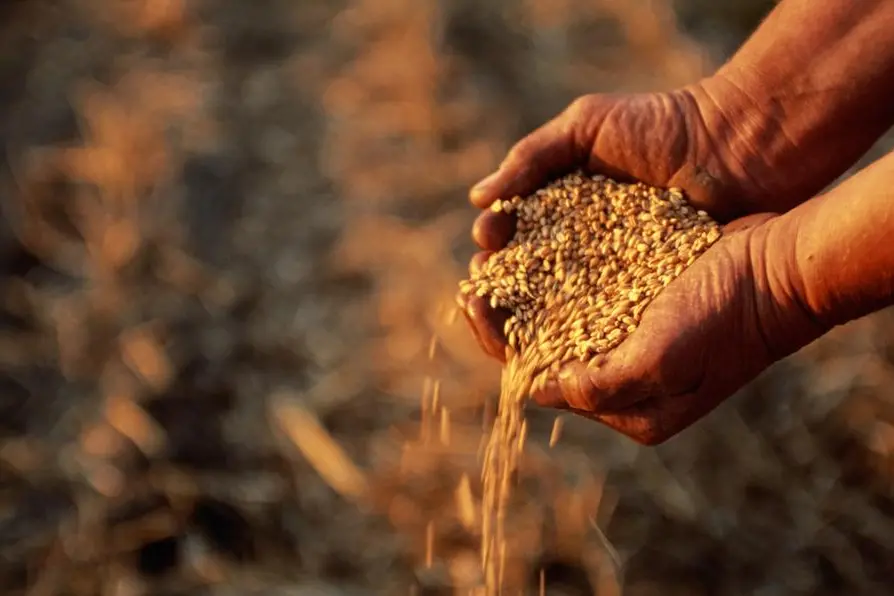PHOTO
Obert Jiri, permanent secretary of the Ministry of Lands, Agriculture, Water, Fisheries and Rural Development, told a parliamentary committee that dry-land maize and most traditional grains were a complete write-off.
He said the country is expecting to get no more than 800,000 tonnes of cereal, against the country’s annual need of 2.2 million tonnes for both human and livestock consumption.
“So this year we have a deficit owing to drought,” he said.
To mitigate the effects of drought, Jiri said the private sector has been encouraged to import grain to augment local supplies.
Zimbabwe is in the throes of an El Nino-induced drought that is also sweeping across southern Africa.
In order to cope with the drought, the Zimbabwean government, in partnership with donor agencies, has started food distribution to about 2.7 million people, or just over a quarter of the rural population.
The government has also lifted its ban on genetically modified maize imports for stock feed production and will allow duty-free importation of maize, rice and cooking oil from July this year.
In addition, the government announced a duty waiver on the importation of rice and potato seed, as part of government efforts to encourage rice production in the country.
© Copyright The Zimbabwean. All rights reserved. Provided by SyndiGate Media Inc. (Syndigate.info).





















